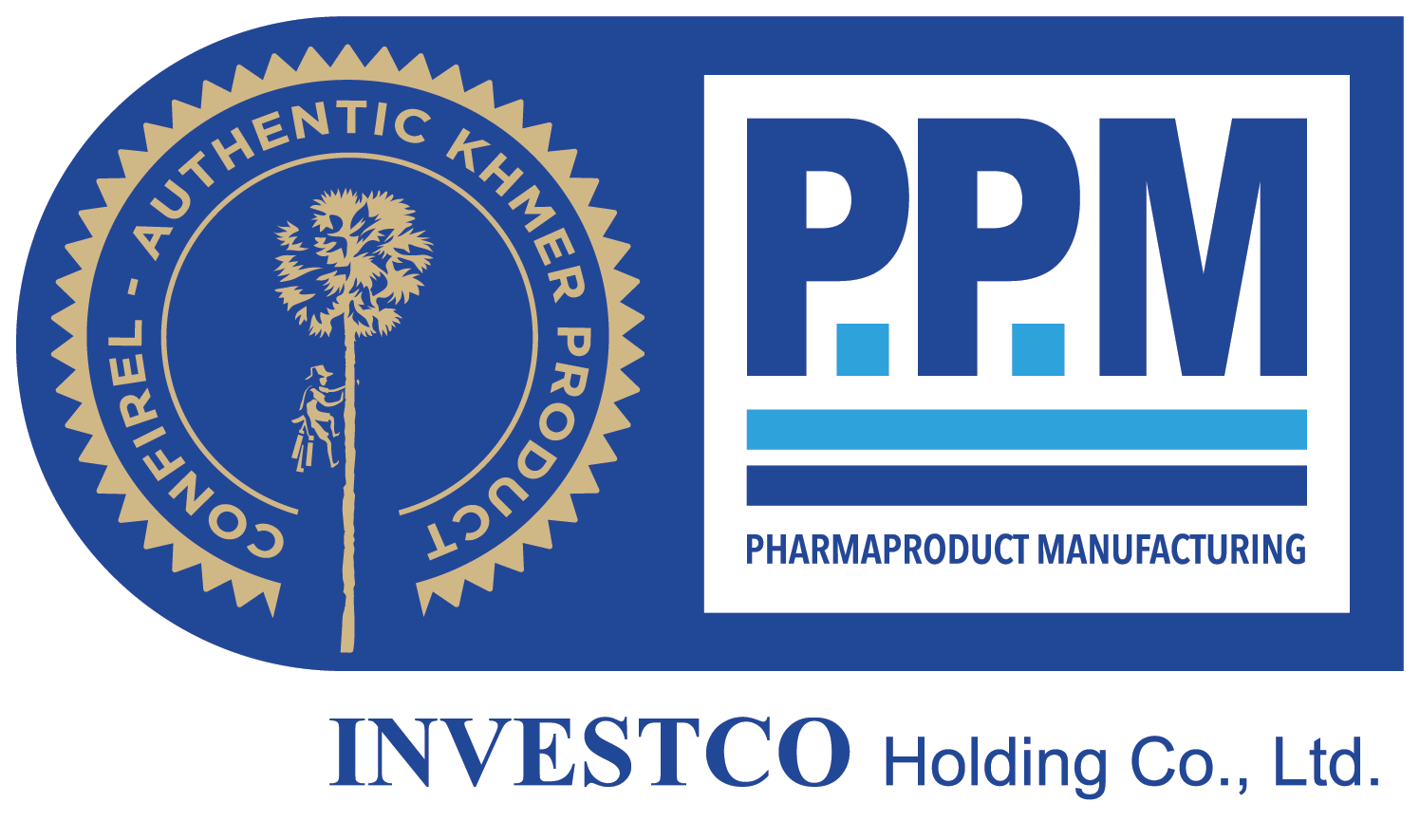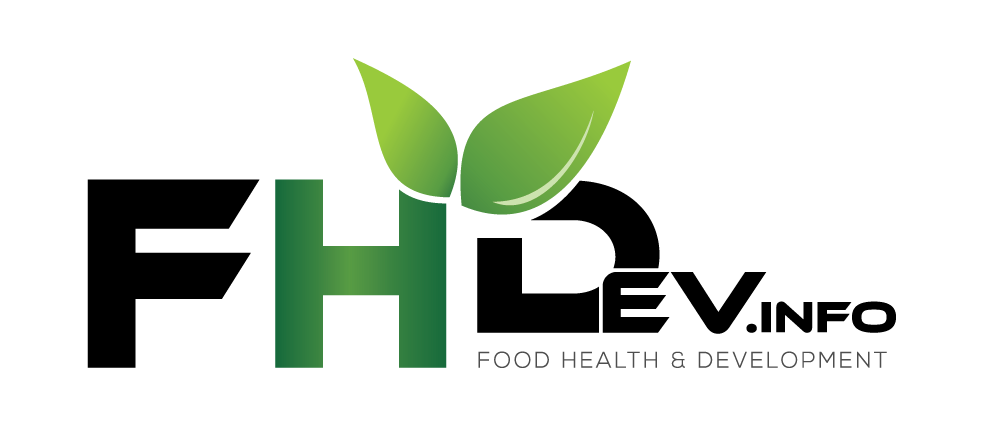

.jpg)
Revolutionizing food safety in Cambodia with new rapid and inexpensive pesticide residue testing technology
Publish date: 13 March 2024 / Food / Author : Veng Thavong
Pesticide residues are a major nuisance in imported and locally produced vegetables. Cambodia has become one of the first countries to adopt a highly innovative technology for rapid detection of pesticide residues that will strengthen the country's efforts to address food safety issues in fresh foods such as vegetables and fruits.
Taiwanese scientists from the Agricultural Chemicals Research Institute (ACRI) of the Taiwan Ministry of Agriculture have developed an advanced qualitative and semi-quantitative method for rapid testing of pesticide residues. This “surface-enhanced Raman spectroscopy” or SERS method can detect up to 230 different pesticides in just a few minutes. The system is portable and inexpensive to operate, with each sample costing less than a tenth of what it costs using other pesticide residue analysis methods.
At the beginning of March, the Plant Sanitary and Phytosanitary Protection Department of the Ministry of Agriculture, Forestry and Fisheries received the new portable SERS pesticide residue analysis machine delivered by the World Vegetable Center, an international organization based in Taiwan. This was made possible thanks to a project that boosts safe off-season and vegetable production in Cambodia and Laos, funded by the German Federal Ministry for Economic Cooperation and Development, whose implementation is led by the World Vegetable Center. The private Taiwanese company Phansco, which obtained authorization from the ACRI to market this portable testing system, will also support the staff of the Cambodian ministry by providing training.
In cash crops such as vegetables and fruits, farmers use pesticides to ensure their harvests and income. But they often use more than necessary. In Cambodia, market gardeners use a mixture of three to four pesticides with each spraying, often weekly, sometimes even twice a week.
There are other pesticide residue testing methods that can identify even microquantities. However, this analysis requires specialized equipment and operators and even takes a few days to obtain the results. Needless to say, these testing methods are expensive and facilities are available in limited quantities or accessible to most users in developing countries.
“SERS equipment not only revolutionizes rapid pesticide residue testing, but also addresses accessibility issues by providing a portable and cost-effective solution, ensuring safer harvests for farmers in developing countries like Cambodia and the DPR . lao," said Srinivasan Ramasamy, senior entomologist, and head of the flagship program for safe and sustainable value chains at the World Vegetable Centre.



